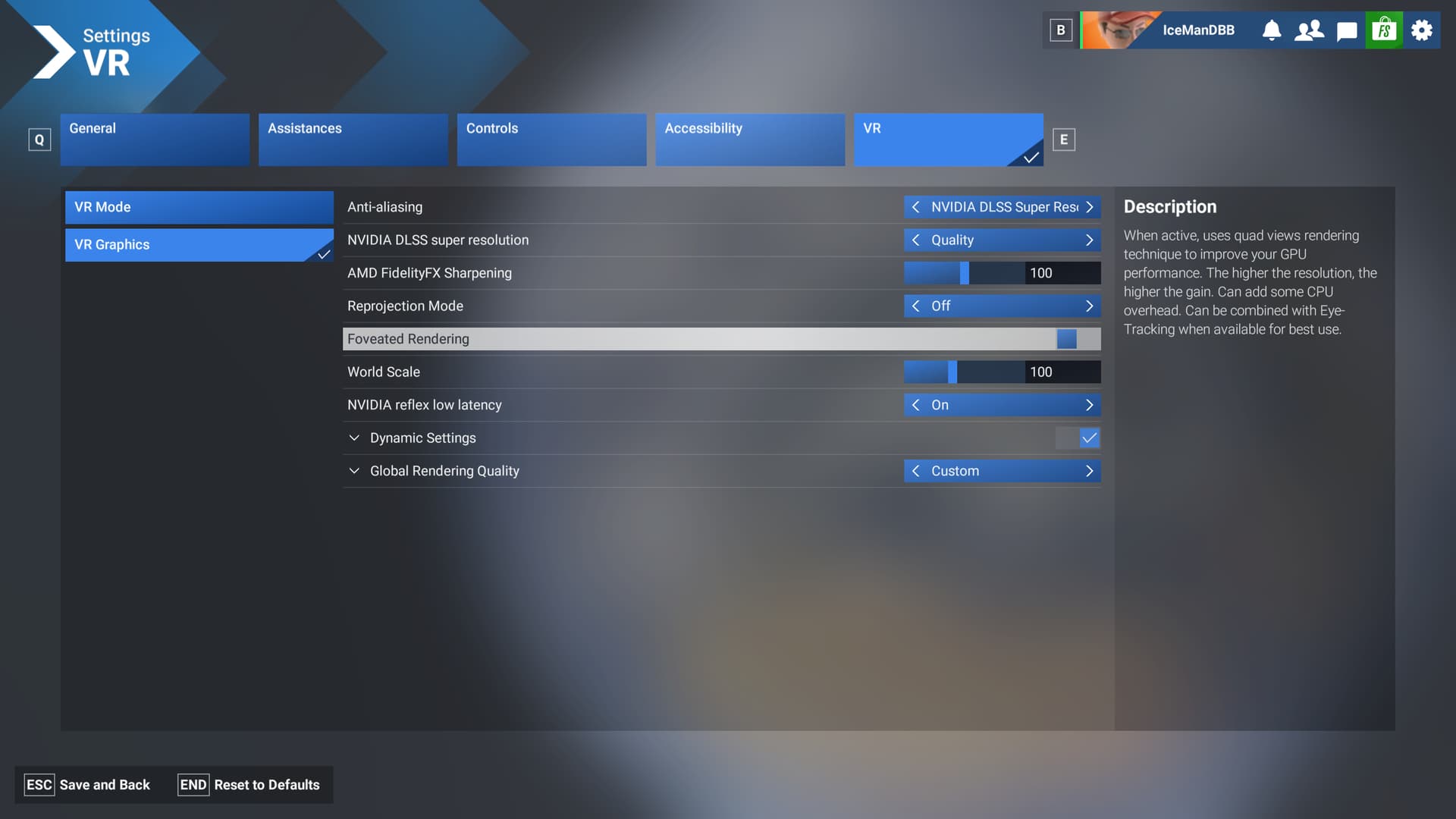Starting to learn about forex trading can be exciting and challenging at the same time. But this learning process is what helps you to move forward in your trading journey as a beginner. Thanks to the internet age, you can access all the relevant information for free and you just need to put the time and effort into comprehending the concepts and theories that have to be applied in the trading process. But before you start trading on a live account, you need to test your strategies on a demo account where you get to make mistakes and learn without any risk.
However, there are some important aspects of forex trading that you need to know before you begin with your first lessons. In this article, I will be sharing 5 forex trading tips that can help you thrive as a beginner in the currency market.
What is Forex Trading?
Forex trading can be described as the practice of buying and selling currency pairs or taking a trade position to earn from fluctuating exchange rates. In the earlier days, foreign exchange was all about cross-border transactions and how travelers had to exchange currencies while going to a different country. However, the high liquidity of currencies made it an attractive trading instrument which led to the forex market growing to a bigger scale as it became the largest financial market.
Many currency pairs can be traded and the market offers a lot of flexibility with 4 major trading sessions allowing us to trade 24 hours a day and 5 days a week. You just need to pick a currency pair and enter a position based on whether you expect a price rise or a fall in the value of base currency against the quoted currency. Those who go long by buying the pair are anticipating a price rise whereas shorting (sell position) is a strategy that is adopted when traders expect a decline in the price of a pair.
The rise or fall in the currency pair prices is forecasted after a careful analysis of the market situation. This can be done by both technical and fundamental analysis. Technical analysis is focused on price fluctuations and makes use of visual tools like price charts and patterns for assessing the situation. Candlestick charts are the most used chart type in forex as they are more detailed and depict a clear picture of the price action that is happening.
Technical analysts learn about chart reading patterns and also use various technical indicators to confirm their analysis. The support and resistance levels in technical analysis are commonly used for finding the perfect entry and exit points for a trade. Fundamental analysis is not focused on price movements but instead, it studies the impact of various economic events, news, and data releases on the market causing exchange rate fluctuations.
These are some of the basics you need to know about forex trading but you need to learn more about various concepts, strategies, and techniques on a deeper level before getting into actual trading. For that, you can create a demo account and start trading on it. As far as the most preferred platform for demo trading is concerned, MT4 is the clear winner, thanks to its intuitive UI and inclusion of all the necessary features that traders would need.
Now, it’s time to share some valuable tips that can make your trading journey truly fulfilling and rewarding.
1. Strive to be a constant learner
I already talked about learning the basics and then going deeper to know more about the market as knowledge is essential for building a successful trading career or even getting good at part-time trading. But many beginners tend to stop learning after a while as they think they have learned enough and start chasing profits. They are always looking for ways to make quick profits and even make silly mistakes due to greed and restlessness. Such an approach will take you nowhere as a trader as you keep repeating the same mistakes and expect different results.
In order to succeed as a new trader, you need to be a constant learner and keep upgrading your knowledge and polishing your skills until you master the art of trading which takes a good amount of time. This does not mean that you won’t be able to earn any profits as a beginner. You will be able to earn profits when you find the right approach and strategy to follow along with a sound risk management plan. But you should not quit learning after that as the real learning process begins with experience.
2. Start small and plan for the future
Many beginners enter the market with big goals and take bigger risks for finding a shortcut to success which is the worst thing to do in the initial phase of your trading journey. Being ambitious and having big goals is good, but you need to stay in touch with reality and set attainable goals with a practical approach. You should be rational and logical about how much trading capital you can bring and how much profits you expect to earn with it. Starting small is the best thing to do as a beginner as it does not put much pressure on you during the trading process. Trading with a smaller amount of money would be easier and it reduces the risk and stress to a great extent.
You can add more funds once you start making profits and gain confidence as a trader. You need to step into the forex world with a long-term objective and plan for the future. Take one step at a time and celebrate the small wins. You need to accept the fact that trading can be tiring and tedious at times. But having a plan for the future motivates you to keep going and work hard towards your goals. Those who are determined and consistent will surely get the results sooner or later.
3. Putting Emphasis on Risk Management
We can never overstate the importance of risk management in trading and beginners need to be extra careful about the risk they take. Many newbies underestimate the risk and do not realise their mistake until they encounter excess loss. Hence, assessing your risk tolerance and devising a risk management plan should be done even before you proceed with the trading process. Tools like automated forex calculators can help you a lot by providing accurate metrics for decision-making.
One thing to know about risk management is that the purpose of risk management is not to avoid losses as sometimes they are inevitable. But what we intend to do with risk management is minimise the impact of losses as we place stop loss to limit the potential losses or trade with a risk/reward ratio that allows us to earn more while risking less. Limiting the risk per trade to 2% of the account balance with position sizing is also crucial for managing the risk. The essence of risk management is about taking calculated risks and trading within your risk tolerance level.
4. Choosing the Right Currency Pair
All beginners are advised to start trading with one pair and focus on it until they master the pair. This can be a major pair like EUR/USD or GBP/USD as they are very liquid and provide a lot of trading opportunities. Major pairs are most suitable for a new trader as they are easier to trade with and provide high profit potential. But you need to consider factors like the trading session when you can be present and which pairs are actively traded during that time.
Choosing the right currency pair is very important for a trader as they have to frame their strategy and trading plan based on the characteristics of the chosen pair. If the strategy does not complement the pair that you have chosen to trade with, you will not get the desired results in the end. So, always consider your trading goals, trading style, and risk appetite for picking the right pair as that allows you to trade with ease.
5. Learn about Money Management
The last tip that I want to share here is learning about money management. Money management is not just about how you manage your trading capital but also about how you manage your funds and finances in general. How much money you use for trading and how you manage your personal expenses are relevant to your trading success. You need to build financial discipline and effectively utilize your funds.
Even your trading cost needs to be kept under control to manage your funds in an efficient manner. How you are planning to use leverage along with your own funds is also a part of money management as well as risk management. So, pay attention to these aspects as long-term success depends on how well you can use and manage your funds as a trader.
Conclusion
To summarise, a beginner entering the forex market can be easily overwhelmed and intimidated by the number of options they get to choose from in terms of strategy, trading style, and more.
However, those who spend a good amount of time preparing, researching, and gaining knowledge will be able to make wise choices and this marks a successful beginning to your trading journey.







